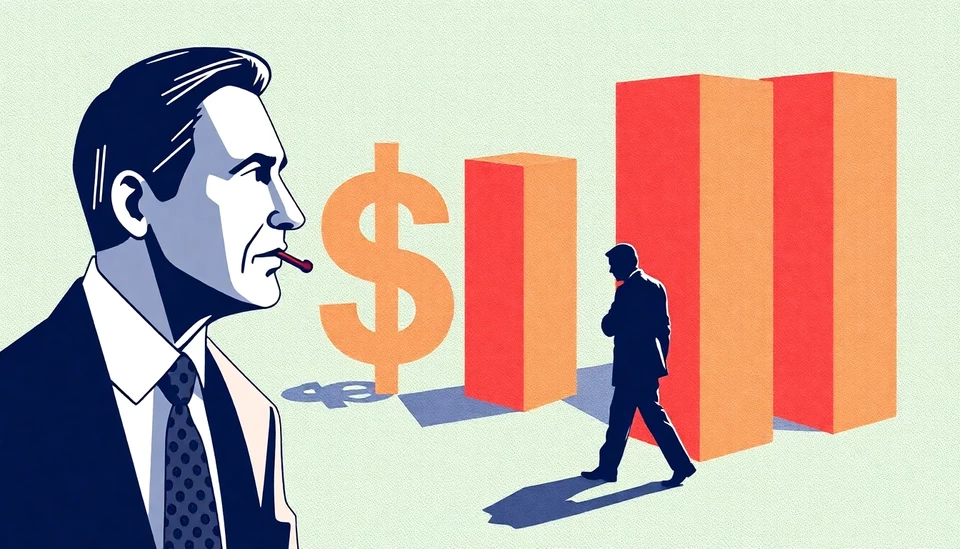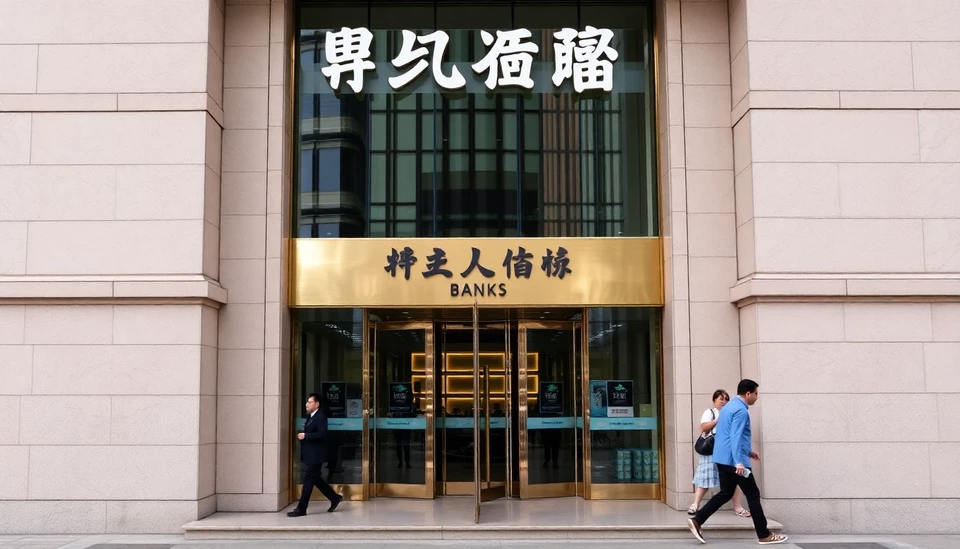
In a transformative shift within Corporate America, companies are increasingly hoarding cash reserves to brace themselves for potential tariff impacts rather than engaging in stock buybacks. Recent data reveals that the trend towards retaining earnings is reshaping the financial landscape, as businesses prioritize long-term stability amidst economic uncertainties.
Traditionally, firms channeled substantial capital into stock repurchases, primarily aimed at elevating share prices and appeasing investors. However, the narrative has evolved significantly in recent months. With the specter of rising tariffs looming over many industries, businesses are recalibrating their financial strategies to ensure preparedness for any unforeseen trade-related challenges.
This change has been notably evident in sectors that are highly susceptible to tariff fluctuations, such as manufacturing and technology. Companies previously aggressive in buybacks are now prioritizing liquidity to fortify their operations against potential cost increases linked to imported goods. Not only does this strategy mitigate risks associated with international trade dynamics, but it also reflects a broader caution in the face of an unpredictable global economy.
Experts suggest this trend towards cash accumulation could have significant implications for market dynamics and economic stability. Corporate leaders are now fostering a more conservative approach to their financial decisions, focusing less on immediate stockholder returns and more on long-term viability. Analysts expect that if the political climate continues to exhibit uncertainty with respect to trade relations, this tendency to hold cash will likely continue to gain traction.
While some critics argue that this shift may undermine market vitality by reducing spending and investment, proponents contend that it is a prudent maneuver. By securing cash reserves, companies can safeguard against economic downturns, potential operational disruptions, and shifts in consumer demand driven by fluctuating import costs.
The broader implications for investors are equally noteworthy as this trend could impact stock values and market sentiment. As firms opt to invest less in buybacks, fluctuations in share prices may become more pronounced, affecting overall market performance. Investors may need to recalibrate their expectations in light of these strategic shifts, realizing that corporate priorities are evolving in response to a complex global trade environment.
This cautious and prudent approach heralds a potential new era for Corporate America, as firms recognize the need to adapt their financial strategies in response to the changing economic landscape. The focus on cash accumulation not only signifies a shift in corporate priorities but may also be indicative of a larger trend towards resilience and sustainability in the face of uncertainty.
As the business world grapples with the implications of these changes, it's clear that preparedness and caution have become the new watchwords in Corporate America. Whether this will lead to a more stable economic environment in the long run remains to be seen, but the immediate focus on cash reserves is a clear indication that businesses are taking proactive steps to shield themselves from the unpredictable winds of change.
In summary, the ongoing pivot away from stock buybacks towards liquidity preservation reflects a significant evolution in corporate philosophy, driven by the realities of a complex and often volatile global market.
#cashreserves #stockbuybacks #tariffs #corporateamerica #economicstrategies #businessstrategy #investorinsights #longtermplanning
Author: Laura Mitchell
